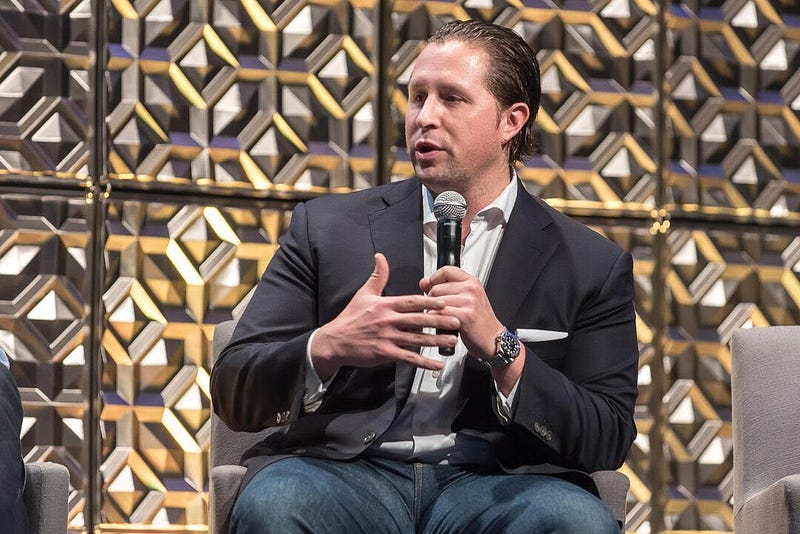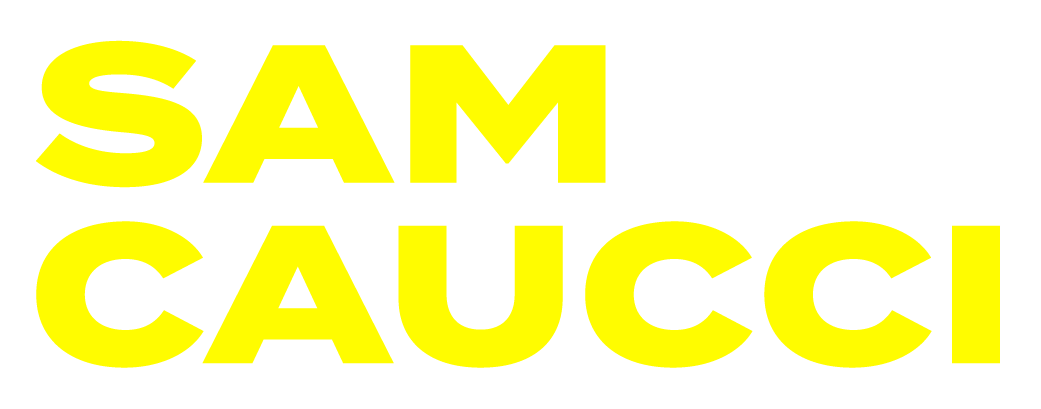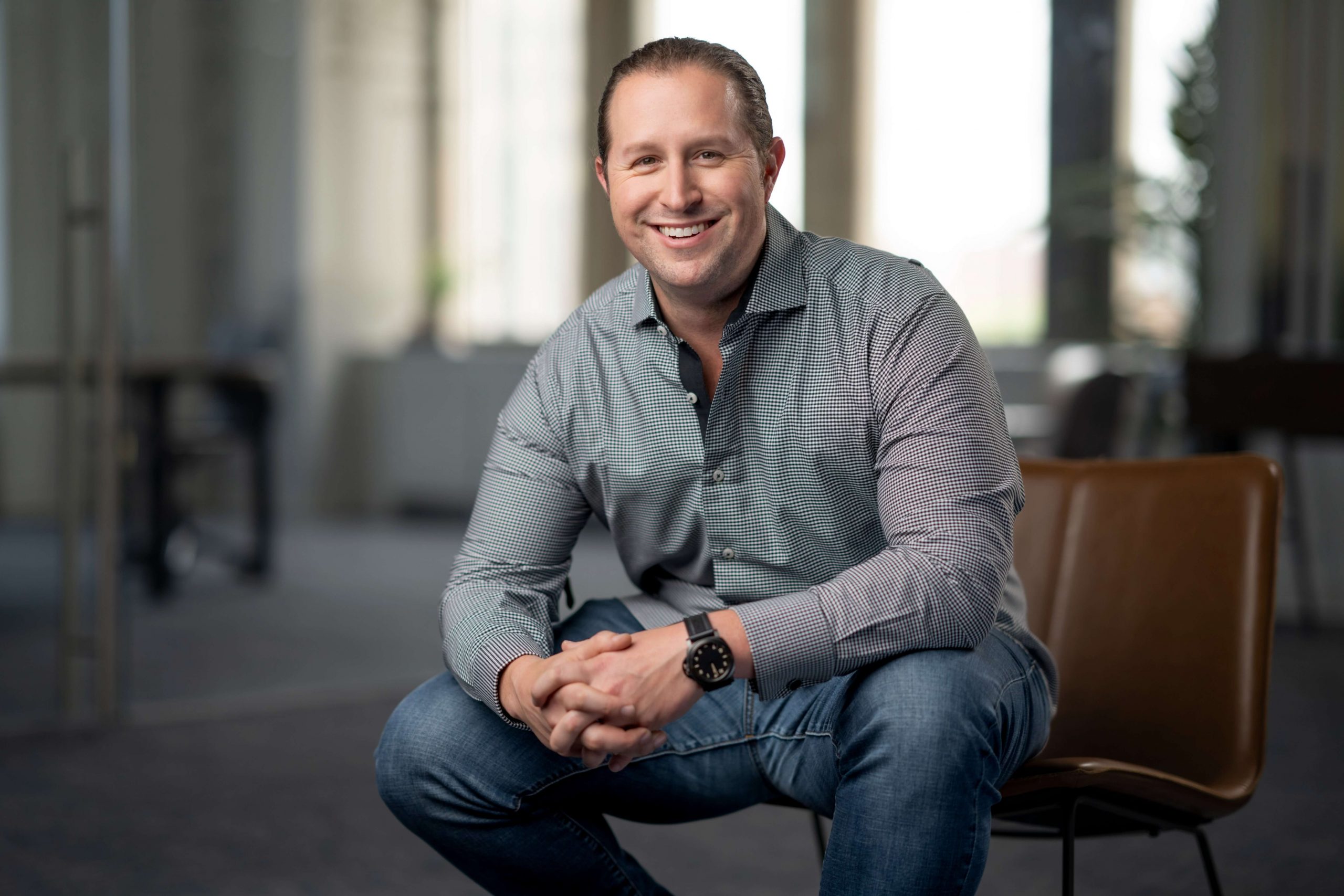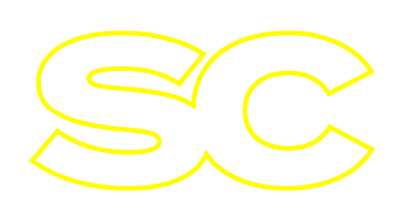Companies will make decisions about what their technology stack looks like today.
Interview with Karen Mangia | Thrive Global
Can you please tell us about one or two life experiences that most shaped who you are today.
My first job was really at 13 in construction, making a few bucks on weekends and over the summer. It was fun, hard work. I learned a lot about people, about work, and about how fast money disappears.
Now, my first real, on the books job came out of pure necessity. I was playing college football at the University of Alabama, moved everything I owned to Tuscaloosa, and had just started practicing when a family tragedy sent me home.
My plans changed. I needed to find a job. I enrolled at a local college and started applying all over, without success. This was until one day my former High School football coach introduced me to a new startup that focused on training professional athletes. They were early stage and had a great product — they worked with dozens of professional athletes and were in the early stages of building something big. At the same time they needed a salesperson and I jumped at an opportunity.
It was 100% commission, but gave me the opportunity to learn. Think about it — no base salary, just commission. It was scary. It was risky. And, it turned out to be one of the best career decisions I ever made. The opportunity to work with an early stage company and roll my sleeves up to learn by doing was a tremendous education that to this day I reflect on.
But, most important was the fact that the CEO gave me a shot, an opportunity. It made me want to create a world where more people got a chance like that.
Let’s zoom out. What do you predict will be the same about work, the workforce and the workplace 10–15 years from now? What do you predict will be different?
Predictions are my favorite. I predict that 10 to 15 years from now, we’ll still be talking about a “future of work.” This movie is going to have more sequels than “Fast and the Furious.”
Work, the workforce, and the workplace are going to be directly impacted by the continued investment in automation and AI, and that’s going to change the skills and functions required at work.
Companies that have strong people development functions are going to be the ones that succeed. They’ll be able to rapidly react, reorient, and reskill.
But what changes is as important as what stays the same, and, what I suspect will not change is that our most vulnerable workers will still be the ones who get shunted off into bad jobs.
When I say “bad jobs,” I mean the 1 in 2 jobs that pay workers below the poverty line.
Work today has been constructed in a manner to promote opportunity and access to the “white collar” workforce that traditionally has access to the best learning opportunities, from K-12 to a college degree. Work will continue to struggle to create opportunities for every worker to compete not just for the same learning opportunities, not just for the same jobs, not just for the same wages, but for the same respect.
What advice would you offer to employers who want to future-proof their organizations?
Invest in people. But, I am not talking about the same old approach that companies have been investing in for the last two decades — the same approach that has resulted in a workforce where the majority of workers are disconnected and disengaged.
Today, a recent Gallup study found only 15% of workers wake up every day and are excited to go to work, and 82% of workers have received zero reskilling or upskilling in the last 5 years. This is a problem.
Employers need to create high performance learning environments where every worker has equal access to the onboarding, coaching, and continuous development necessary to succeed at their job. Anything less than that will directly impact a brand’s ability to grow and scale.
What do you predict will be the biggest gaps between what employers are willing to offer and what employees expect as we move forward? And what strategies would you offer about how to reconcile those gaps?
I think the last few months have shown us that employers and employees are struggling to get on the same page. The major gap has to do with how employers think about the employee experience. It is impossible for the customer experience to exceed the employee experience in today’s consumer driven environment. Employers that view employees as just labor and human capital are disconnected from a reality where employees really should be engaged as partners in the delivery of your brand promise to the customer.
The most important strategy companies are taking to close the gap is investing more intentionally in the transformation of managers into development-minded coaches.
A coaching mindset is proven to have a more immediate and lasting impact on the experience of the employee. The employers that think about employee experience with the same intentionality (and budget) with which they think about the customer experience will win.
We simultaneously joined a global experiment together last year called “Working From Home.” How will this experience influence the future of work?
Working from home is a privilege that only a minority percentage of the U.S. workforce can take advantage of. That being said, it is here to stay as an element of work culture for that segment of our workforce.
What isn’t talked about enough is, however, is that the WFH movement has had a tremendous impact on frontline workers, those that can not work from home, by creating new job opportunities in the form of gig or service sector work. And, has also continued to prove the point that those that get paid the least also pay the most in our economy.
We’ve all read the headlines about how the pandemic reshaped the workforce. What societal changes do you foresee as necessary to support a future of work that works for everyone?
There was a brief moment during the pandemic when people really saw frontline workers, cheered for them and valued them.
Now, frontline workers feel that moment is over. They were heroes when there were curfews and we had to quarantine, now everyone’s back but they never left.
The buzz around Work from Home has confirmed for frontline workers that they matter less, and that has got to change. We need to care about every worker. We have to start showing the same respect and appreciation for the person– from the person who washes dishes to the person who cuts payroll. That starts with:
- Living wage
- Support, from child care to health care
- Opportunities to advance
- And the same ability to access resources, regardless of wage or tenure.
And nothing less is going to cut it.
What is your greatest source of optimism about the future of work?
It’s people — not brands, companies, the government, media, social media, or technology. What happened this year with workers, in some cases is that they are standing up. In some cases, being a little vocal here and there, you’re seeing workers fight for something. I want those types of workers on my team. You have to make sure you create an environment where people want to work. People are what give me the most optimism for the future.
Our collective mental health and wellbeing are now considered collateral as we consider the future of work. What innovative strategies do you see employers offering to help improve and optimize their employee’s mental health and wellbeing?
First off, your health and well being should never be something you have to pledge as collateral. I think that’s an age-old wager that employers have counted on workers to make, but that’s going to have to change if employers are serious about preparing for the future of work.
Increasingly we see workers who know their labor is valuable, and that their health is worth prioritizing.
When it comes to what employers are doing, I’ve seen a lot of “innovative strategies.” Honestly? The strategies I find most refreshing are back to basics. Leaders that are seriously invested in helping their employees achieve better mental health outcomes and work life balance are invested in making their workplace a space where productivity isn’t prized over people. They know who their people are, and help connect them to the programs they’ve put in place– whether that’s with professional development, so that work is more meaningful and satisfying, or just making sure that they actually use their vacation time.
A big part of that is equipping middle managers with the leadership tools they need to coach their teams.
It seems like there’s a new headline every day. ‘The Great Resignation’. ‘The Great Reconfiguration’. And now the ‘Great Reevaluation’. What are the most important messages leaders need to hear from these headlines? How do company cultures need to evolve?
It’s not brain surgery, you don’t need an HR generalist to see that, 9 times out of 10, people are looking for meaning, and that work needs to mean more than just work.
It’s about more than the functions of the job, more than the paycheck; And it’s got to be about more than just the title. Business leaders feel that way about their own jobs, why wouldn’t they expect workers to search for it in theirs?
So leaders are going to have to start looking at culture as a verb. It’s the things you do, everyday, to set the tone and to connect your people to a sense of meaning and purpose about their job and their role, and their place in the organization.
Because, the truth is, you can chart whatever course you like, but without buy-in, you’ve got a mutiny. Culture is a big part of creating buy-in, and keeping an even keel — and while it may be lead top-down, it’s exposed bottom-up.

Let’s get more specific. What are your “Top 5 Trends To Track In the Future of Work?”
- Companies will make decisions about what their technology stack looks like today. One company we work with today is Dog Haus. They went from training workers, the old-fashioned way with manuals and videos, to using 1Huddle as a mobile solution to reach every single one of their workers in any language they may speak or know. One trend will be organizations moving away from legacy software.
- Turning managers into coaches. The best manager is a leader and the best leader is a coach. Organizations in the future of the workplace will need to have middle management that’s strong at coaching and developing people that are in their direct span of impact. We see this in the franchising community with brands who work every day to empower their franchisees and frontline managers with tools, strategy and the autonomy to coach and develop the people around them.
- You’re going to see the wages of frontline, low wage workers rise. The competition for talent continues to heat up. Organizations are going to understand that we have record low employee engagement figures — some of it has to do with where you work, but some of it has to do with compensation. You will see organizations start to increase compensation and wages for workers on the frontline.
- Organizations will start to make coaching or training and development an important part of their business model. To date training, learning and development have been a sub-bullet under human resources as re-skilling and continuous learning. This will become critical to every business model. We’re now seeing brands stand up with separate budgets and lines of communication and separate technology to only focus on cross-training, continuous learning, and upskilling.
- We’re going to see the cost of college go down. I think that’s really important for the future of work. The value of education stays high, but the price tag has unfortunately risen in a way that has discriminated against our most vulnerable workers. It’s not a matter of if it’s a matter of when universities will be challenged. Public sector universities are being held to outcomes in order to make decisions on their federal funding levels. I think that you’re going to start to see a tighter market around colleges to help consumers make better decisions about where they invest for their education.
I keep quotes on my desk and on scraps of paper to stay inspired. What’s your favorite “Life Lesson Quote”? And how has this quote shaped your perspective?
“What you tolerate, you encourage.” I use this as an entrepreneur and coworker, to all of my team and as a father and husband. Especially as an entrepreneur your core values have to cross over. For that reason, “what you tolerate, you encourage,” has been a real driver for me. It’s something I learned playing sports, applied as a coach, and what I live by today. The workers around me and the ones at 1Huddle and the ones on the teams that we work with are constantly challenging and working to hold everybody around us to the standards that they have identified as important to them.
Once you know why someone comes to work every day, you can then apply, great coaching in order to help them get to where they want to go. “What you tolerate, you encourage,” to me is a message of the responsibility of a coach to hold the line and impress upon his team members — the standard that they have committed to, not the standard that you are directing down. Once you have a buy-in from a team, it’s then your responsibility as a coach to help them get to where they want to go.
We are very blessed that some of the biggest names in Business, VC funding, Sports, and Entertainment read this column. Is there a person in the world, or in the US, with whom you would love to have a private breakfast or lunch, and why? He, she, or they might just see this if we tag them.
There are a lot of people out there I really respect, talented teachers, coaches, and business leaders all doing interesting and innovative things, and I’m lucky to have spoken to many of them for 1Huddle’s podcast, Bring It In.
But, you know, I’ve learned a lot in the process of becoming a founder and CEO, not just about business, but about myself, and more than anything, I’ve learned that the conversations I really enjoy are the ones I have with the people who play our games — the workers.
One person who comes to mind is Wendy, a gate agent at D3 at DTW Airport. Now, before I met her, I had a completely different story about flying through Detroit. It wasn’t a great experience, but it made for a funny story. But Wendy completely changed all that.
Everyone had been ready to board, and then there was some issue with maintenance. No one was happy, no one was comfortable, and then a voice by the gate asked us to raise our hand if we’d traveled 1,000 miles. Then 10,000 miles, then 100,000 miles, and so on until only a few people had their hands up. Then she had us all clap for the last people who had their hands up. And then she had them introduce themselves to each other!
And we’re all looking around, unsure, but she just ran with it. She teased us, she cajoled us, and by the time we were able to board, we were almost sad to leave.
I know she may not be the kind of person you’d be able to tag for this piece, but I’ve a ton of questions for her– whether she’d done that before, how long she’d worked there…
People, if you give them the chance, can have a profound impact. I don’t know how other travelers boarded that flight with me, but I can promise you one thing. They all remember Wendy, too.


